James Morrow: Should celebrities apologise for being conservative?
Canadian singer Shania Twain was forced to apologise for saying that she would have hypothetically voted for Donald Trump — if she was American. Why are celebrities so afraid of the twitter mob?
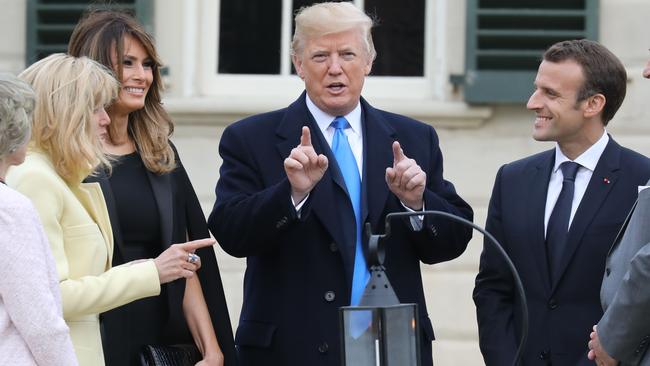
Confidential
Don't miss out on the headlines from Confidential. Followed categories will be added to My News.
By now the cycle should be a familiar one.
A celebrity goes off-script and says something not in keeping with the progressive groupthink of Hollywood.
Social media goes berserk, and dire threats are issued about the entertainer’s future career prospects.
A self-abasing apology is issued, in the hope that it is enough.
And the mob, temporarily sated, goes back to scouring the internet for signs that someone else prominent might be guilty of thought crime.
This week the latest superstar to find herself in trouble is Shania Twain who, in the course of an interview that wasn’t even about politics, said that if she could have, she would have cast her ballot for Donald Trump.
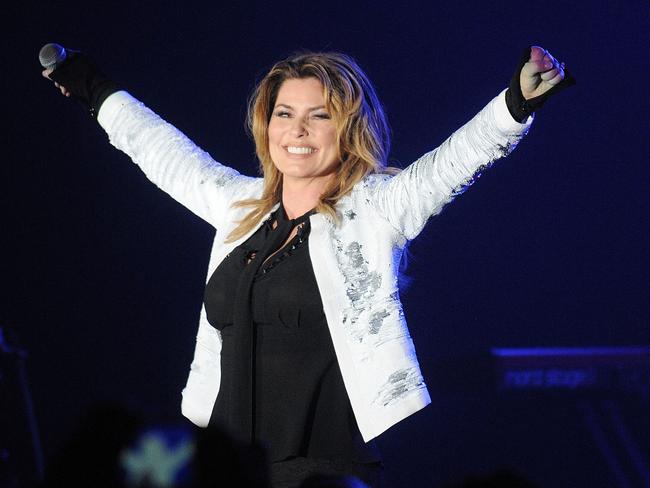
Now Twain is herself a Canadian citizen and ineligible to vote in US elections.
But she summed up the views of millions of the American president’s supporters when she told the Guardian, “I would have voted for (Trump) because, even though he was offensive, he seemed honest. Do you want straight or polite? Not that you shouldn’t be able to have both. If I were voting, I just don’t want bullshit. I would have voted for a feeling that it was transparent. And politics has a reputation of not being that, right?”
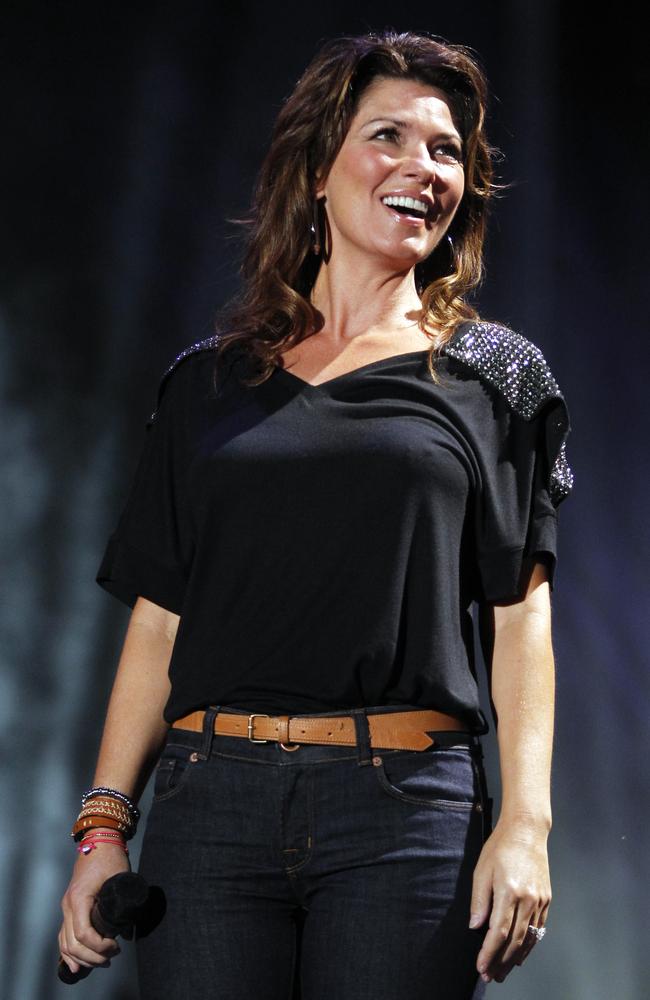
Naturally, outrage ensued, Twitter melted down, newspapers speculated if this meant the end of her career, and a heartfelt apology was issued.
Through it all, a depressingly small number of people stood with her against the mob to point out that if we are as a good progressive society to support women in their choices, that means we should also not threaten them with an economic boycott for failing to stick to the day’s hard-left progressive talking points.
Twain is only the latest entertainer to be dragged before the Maoist hordes of Twitter to offer a ritual self-criticism.
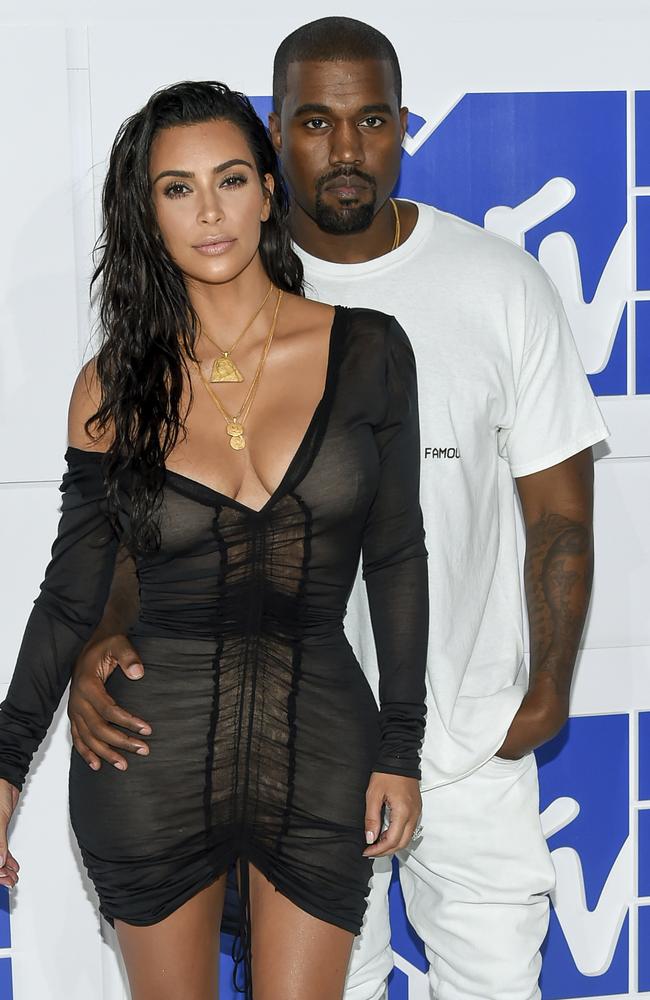
Kanye West is at this moment being raked over the virtual coals for tweeting in support of black American conservative Candace Owens. And, naturally, predicable appalled reactions have ensued.
Prominent left-wing black American writer and activist Shaun King took out after West saying that “A market has always and will always exist for men and women like this who say what bigoted white folk love to hear”, while on Twitter, the push is on under the hashtag #kanyewestisoverparty.
Posters are also appearing showing Kanye as a mock 2024 presidential candidate with the slogan, “Keep America great”.
And sometimes, you don’t even have to say anything to attract a swarm of outrage.
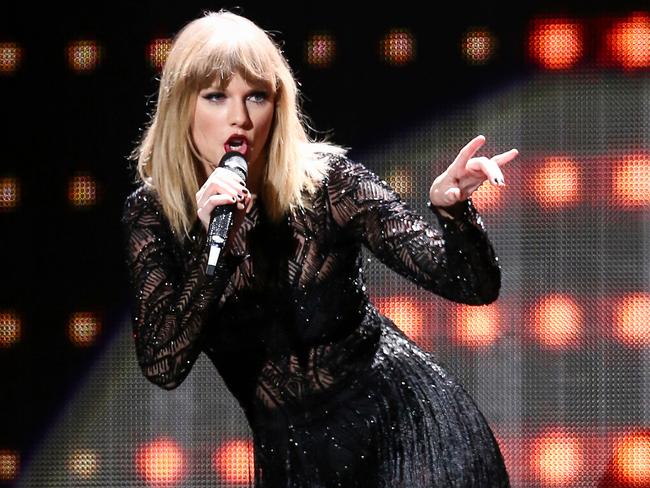
Singer Taylor Swift has copped abuse for years for failing to either come out against Donald Trump or for Hillary Clinton, leading Buzzfeed to complain that she is “aggressively white” (huh?) and “intrinsically linked to whiteness and privilege”.
This pattern is not about whether art or artists should be political. If a singer or a painter or a dancer wants to express an opinion on the issues of the day, more power to them.
But consumers of art — the general public — should recall that artists don’t hold a monopoly on virtue. In fact, there is no reason to think that a singer who may be an expert on music and the human voice has anything more insightful to say than the guy sitting next to you on the train.
And when adhering to the proper politics becomes a precondition for making art, everyone suffers. Some will be silenced, others will be forced to stay shtum to protect their careers, and what’s worse, the mediocre can be elevated to great heights just because they parrot what the taste makers want to hear.
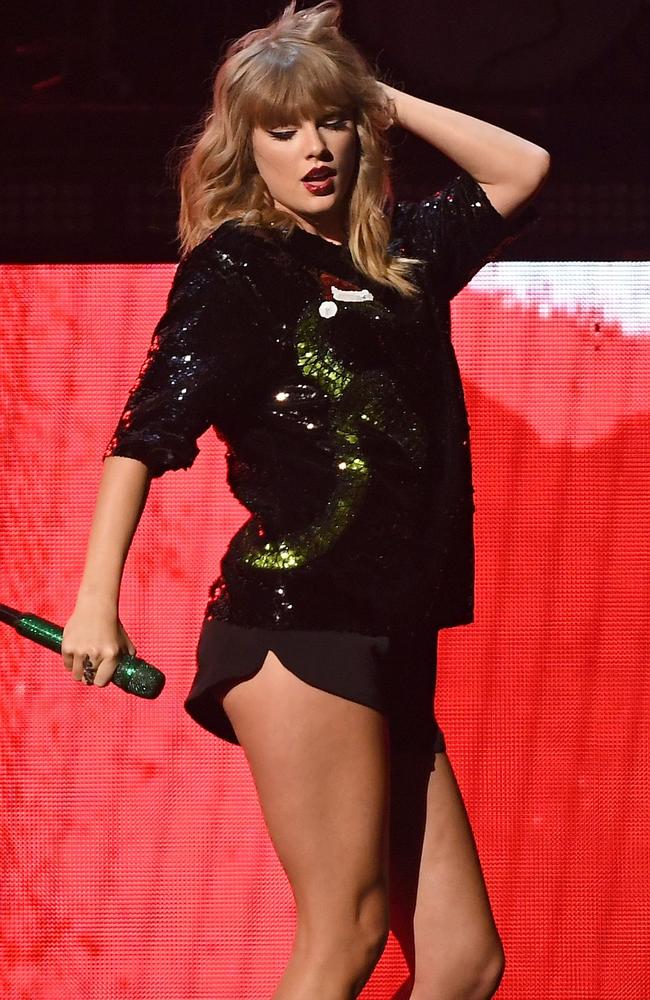
Which is why it’s worth pointing out that we’ve been here before.
In the bad old days when communism held sway outside university humanities departments, artists had to put their skills in service of the revolution at the risk of unemployment or worse.
The Russian composer Dimitri Shostakovich spent years in fear of the secret police after Stalin criticised his opera “Lady Macbeth of the Mtsensk District”.
This terror meant that much of what was produced by these revolutionary regimes was deadly dull, because it needed to suit the official narrative.
Henry Kissinger, when treated — if that’s the right word — to a revolutionary Chinese opera, quipped that it was “an art form of truly stupefying boredom in which villains were the incarnations of evil and wore black, good guys wore red, and as far as I could make out the girl fell in love with a tractor.”
Thanks very much, but I’d rather listen to Shania, Kanye or Taylor.
James Morrow is Opinion Editor of the Daily Telegraph



